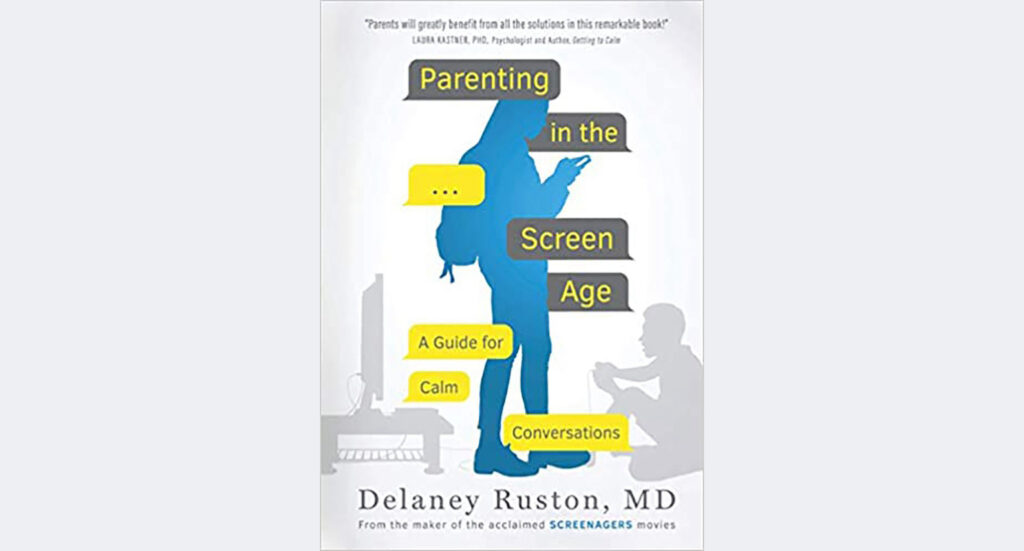“Parenting in the Screen Age: A Guide for Calm Conversations” by Dr. Delaney Ruston. Starhouse Media (San Anselmo, California, 2020). 372 pp., $19.95.
Dr. Delaney Ruston, a Stanford-trained physician, mental health advocate and award-winning filmmaker of the movie “Screenagers,” has penned a comprehensive book that enables parents to navigate the confusing world of social media, smartphones and emerging technologies.
The book includes wide-ranging topics such as social media, video games, mental health, sleep deprivation, screen-related conversations, family rules, fostering human bonds and other thought-provoking chapters.
Ruston does not give hard and fast rules for use of social media and she readily acknowledges the benefits and reality of the fast-paced, information-based culture in which our children are living.
She does bring to light the issues surrounding the use of these technologies and social networks that directly impact young people and families. One of the most useful chapters contains a wealth of practical information regarding contracts and family rules for appropriate use of technology.
Examples of rules, situations and conversations parents should have with their children regarding appropriate and inappropriate use of technology allow the reader to craft boundaries for their own children.
Ruston cites a number of authoritative sources such as the World Health Organization, American Psychiatric Association and the National Center for Health Research in bringing to light the addictive nature of video games and social media that so often plagues our young people and frustrates parents.
“Indeed, when researchers have analyzed surveys that asked teens questions about depression symptoms and time spent on social media, they have often found that more time on screens correlates with a higher chance of reporting depression symptoms,” she writes.
She goes on to mention evidence that points to those who feel depressed because they are left out of their peers’ social media circles. Rather than leave the reader in a quandary, she offers ideas for conversation starters that are reasonable and allow the young person to be part of the solution.
Each chapter cites many examples of lived experience from teenagers, preteens and adults that are helpful for both parents and teens to start the dialogue. Sections labeled “conversation starters” abound throughout each chapter and these prompts are both practical and helpful.
There is nothing necessarily Catholic or Christian about this book, yet there is nothing that a Catholic parent would object to on the basis of the teaching of the church.
This book will be helpful not only for parents, but teachers and counselors will find this a valuable tool for engaging and helping young people navigate the world of social media and video games in a healthy way.
Wright is principal of Koinonia Academy in Plainfield, New Jersey, and author of 14 books.

